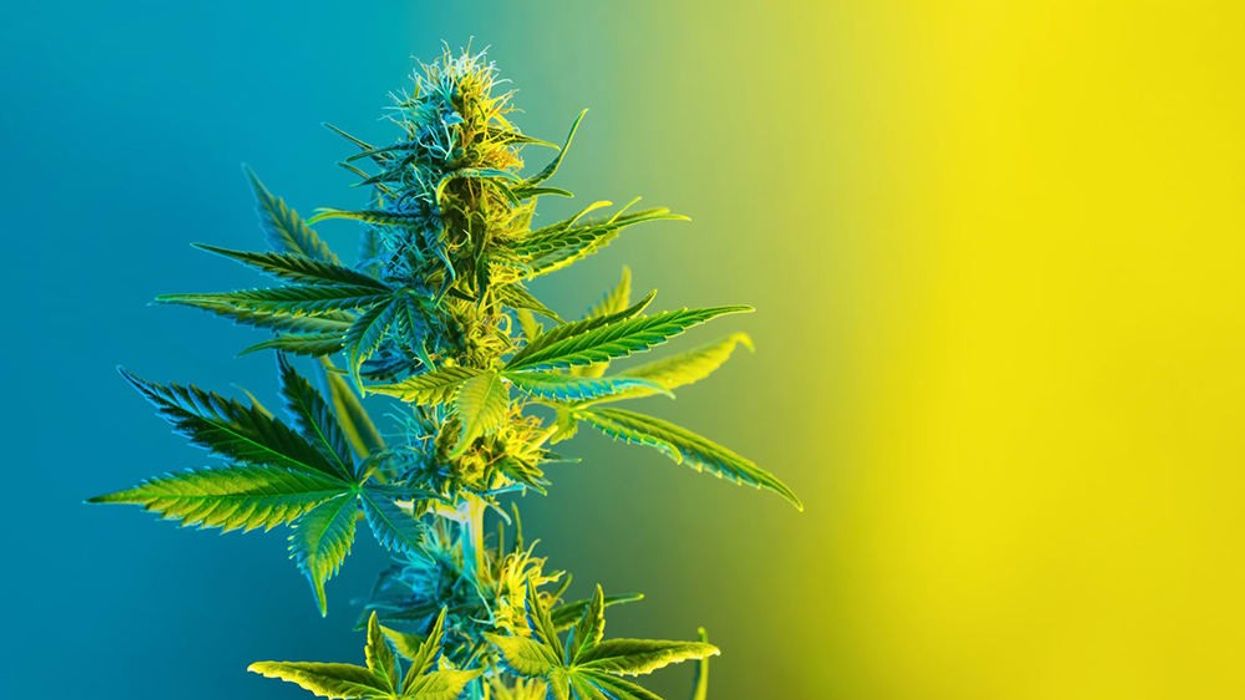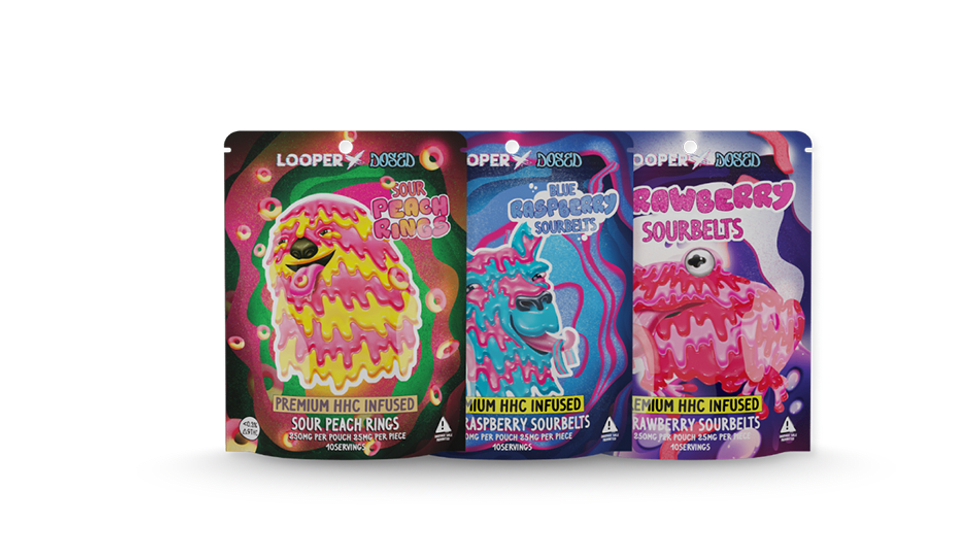The U.S. Justice Department has announced that it will begin issuing Presidential Pardon Certificates to individuals who have been granted clemency by the President of the United States. The move comes as part of the Justice Department's efforts to streamline the process for issuing pardons and ensure that individuals who have been granted clemency receive the full benefits of their pardon.
In a statement released today, the Justice Department stated that it had been working closely with the White House to develop a more efficient system for issuing Presidential Pardon Certificates. The new system will ensure that pardoned individuals receive their certificates in a timely manner and that they are able to take full advantage of the benefits that come with a Presidential pardon.
The Justice Department noted that Presidential Pardon Certificates serve as official documentation of a Presidential pardon and are often required by employers, landlords, and others who may conduct background checks on individuals. The certificates also provide important legal protections for individuals who have been pardoned, as they serve as evidence that their conviction has been officially forgiven by the President of the United States.
"Ensuring that individuals who have been granted clemency receive their Presidential Pardon Certificates is an important part of the pardon process," said a spokesperson for the Justice Department. "We are committed to ensuring that pardoned individuals are able to move forward with their lives and take advantage of the opportunities that come with a clean slate."
The announcement comes as the Biden administration has been working to expand access to clemency for individuals who were disproportionately impacted by the War on Drugs and other harsh sentencing policies. President Biden has already granted clemency to a number of individuals, including some who were serving lengthy sentences for nonviolent drug offenses.
Overall, the Justice Department's move to streamline the process for issuing Presidential Pardon Certificates is a positive step forward in ensuring that individuals who have been granted clemency are able to fully benefit from their pardon. It also serves as a reminder that clemency is an important tool for promoting justice and fairness in the criminal justice system.
Despite the update, a timeline for when the Justice Department’s website will begin accepting applications remains unknown. The OPA is currently in the process of collecting public comments until April 3, 2023.
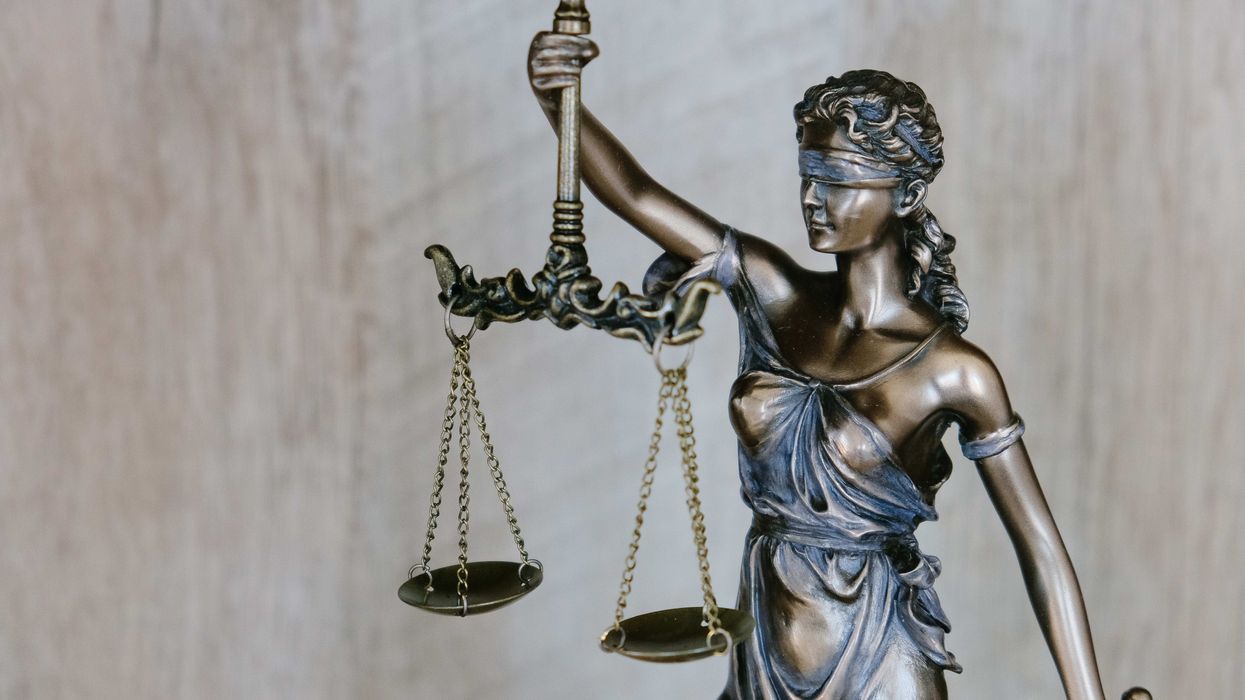






 Dispensary Employee - The Bluntness Photo by
Dispensary Employee - The Bluntness Photo by  High Paying Jobs for Stoners: 11 Career Paths for Cannabis Lovers - The Bluntness Photo by
High Paying Jobs for Stoners: 11 Career Paths for Cannabis Lovers - The Bluntness Photo by  High Paying Jobs for Stoners: 11 Career Paths for Cannabis Lovers - The Bluntness Photo by
High Paying Jobs for Stoners: 11 Career Paths for Cannabis Lovers - The Bluntness Photo by  High Paying Jobs for Stoners: 11 Career Paths for Cannabis Lovers - The Bluntness Photo by
High Paying Jobs for Stoners: 11 Career Paths for Cannabis Lovers - The Bluntness Photo by  High Paying Jobs for Stoners: 11 Career Paths for Cannabis Lovers - The Bluntness Photo by
High Paying Jobs for Stoners: 11 Career Paths for Cannabis Lovers - The Bluntness Photo by 






 Strawberry Cough Strain Review - The BluntnessTHC Farmer
Strawberry Cough Strain Review - The BluntnessTHC Farmer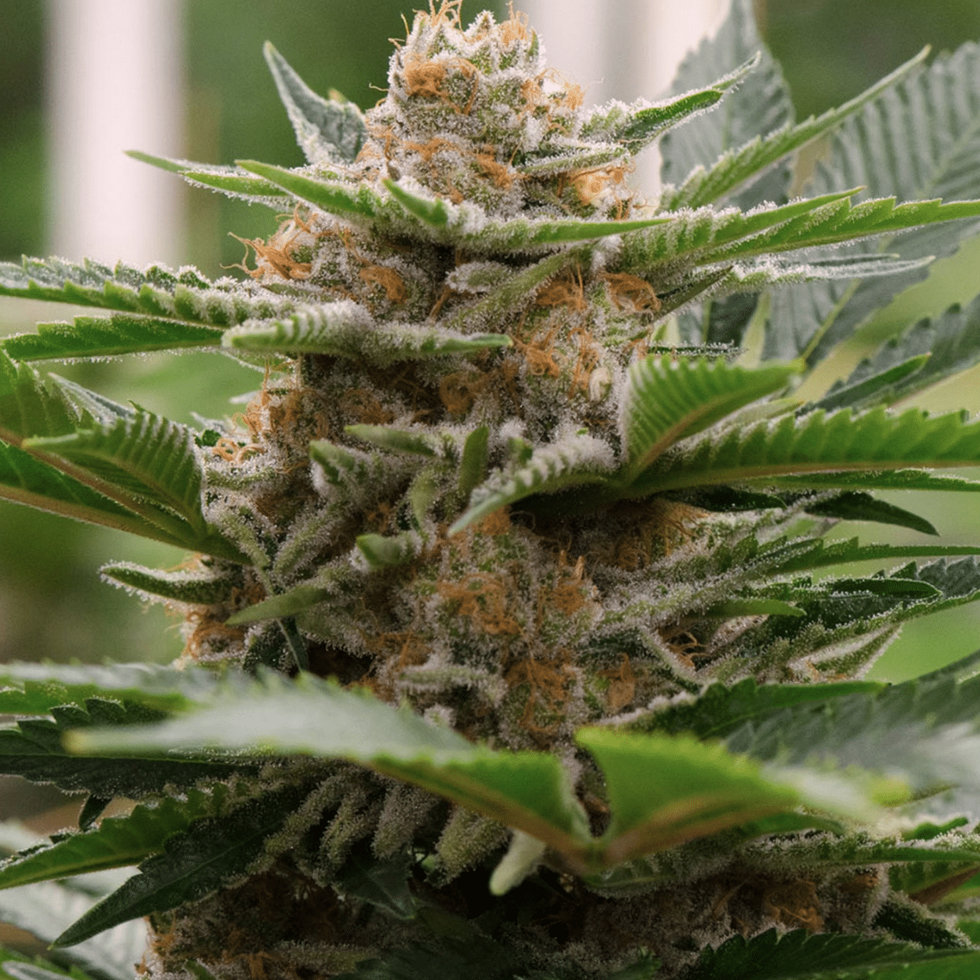 Strawberry Cough Strain - The BluntnessSeednest
Strawberry Cough Strain - The BluntnessSeednest


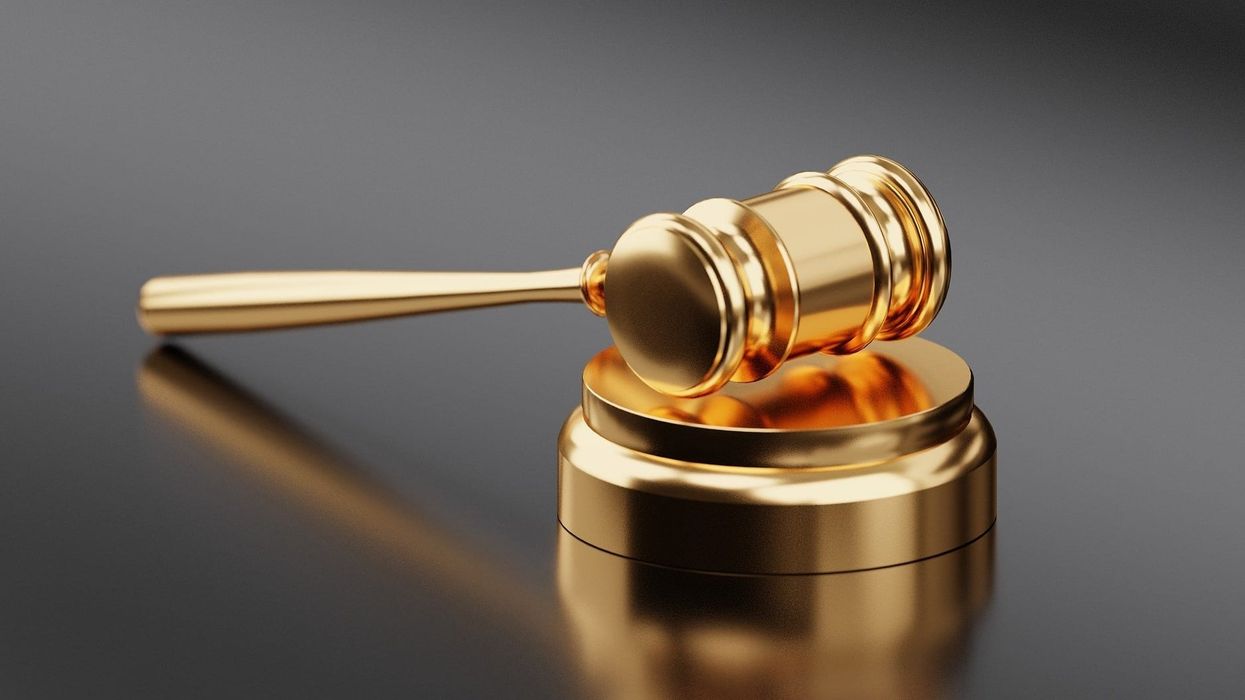
 Why are law enforcement officials trying to freeze out cannabis legalization? Follow the money.Image by OpenClipart-Vectors from Pixabay
Why are law enforcement officials trying to freeze out cannabis legalization? Follow the money.Image by OpenClipart-Vectors from Pixabay